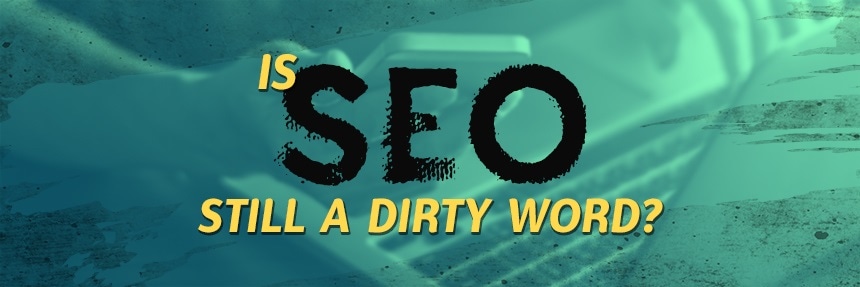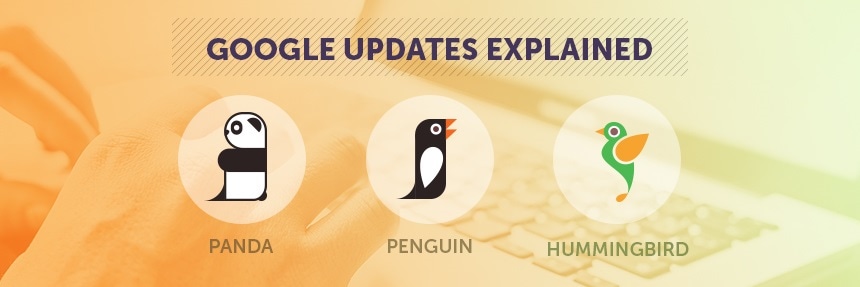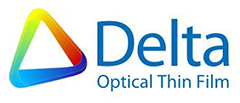
Understanding the Stigma Behind SEO
Mention the word SEO to anyone and you’ll be met with mixed emotions. The vast majority of people are immediately put on the back foot. Just think, if you ask the average CEO or non-Marketing VP what SEO is, you may get a high level explanation. Ask them for more detail however, and you will quickly find them scratching their heads.
Take this “Fear of the Unknown”, factor in how the rules of SEO have been constantly evolving over the last 15 years AND top it off with the dreaded horror stories you hear … It’s not hard to see why people immediately become guarded when you start to talk about the subject.
"Search Engine Optimization is the most profitable form of marketing you can do"
I still meet people today who say they will never pay to go on Google, ever again, simply because of a sour taste left from losing money in the past.
However, businesses that do see the benefits of sustainable and ethical SEO practice, in terms of profit margins, lead generation and online exposure, will strongly argue “NO!”. In fact, they would advocate that SEO is the most profitable form of marketing you can do.
The Beginning of SEO
But before we get ahead of ourselves, we must start at the very beginning.
When Google entered the scene in 1997, it found itself in the midst of a chaotic world of web pages and information. Earlier search engines such as Excite had already been attempting to catalogue, organize and structure this information for the past three years; making it easier for people to find what they were looking for based on relevant keywords, content and backend optimization. But they hadn’t gotten very far…
Early Search Engine Marketing
Going back all those years ago, I worked with partners such as Lycos, Ask Jeeves and briefly MSN. The only search engine marketing available to us was paid, fixed placements. These were in the shape of banners or ‘KITI Links’ – (Keyword Integrated Text Insertions).
The banners were exactly as you see them today and the KITI Links looked very similar modern day Adwords. The difference was that the placements were limited: one banner and three KITI Links per keyword.
The search volumes were available and that’s how the single ‘keywords’ were priced. Looking back, these in my opinion were fantastic value.
All two or more word phrases were set at £499 for the banners and £199 for the KITI Links. The single terms were capped at £5000, but again, showed great value as the ones we sold, such as ‘loans’ or ‘mortgages’ were searched thousands of times per month.
These were great products because the customer knew exactly what they were paying for, they’d own that position for 12 months, at a set fee. No confusion, no mess.
The Unethical Dark Ages
However, the arrival of Google and other competitors, such as Yahoo, saw the process of indexation and delivery of information, simplified and improved. And a whole new world opened up. One where unethical agencies could take advantage of their clients.
"Keyword stuffing, spammy backlinks and high volume tagging were the norm..."
It was during this time that all bets were off. The world of Search Engine Optimization was new; it was the Wild West. Marketers used any tactic they could find to get their websites found first. Keyword stuffing, spammy backlinks and high volume tagging were the norm and whilst Google started to update its algorithms to try and weed out these “unethical” methods, it was slow.
A Search Engine of Principle
The important thing to realize is that from the start, Google has always had the same principles: placing great value on delivering the very best search results; it just didn’t always know how to effectively do this.

Google has always had the same principles: placing great value on delivering the very best search results
So people took advantage. Certain SEO companies capitalized on this new, mysterious way of marketing; cutting corners, deceiving clients (who didn’t really know what they were paying for and didn’t see the results they were “sold”) and partaking in sub-standard, unethical practices. It is for this reason that SEO got itself a bad reputation.
It was around this time in 2004 that I was introduced to SEO. I slowly started educating myself and then testing my understanding of SEO on receptive client websites, all with major success, and all done ethically.
"Google has found increasingly clever, innovative ways to filter out the 'unethical' or 'black-hat techniques..."
Over the years, Google has found increasingly clever, innovative ways to filter out the “unethical” or “black-hat” techniques; punishing websites that don’t adhere to their user-oriented, honest approach to Search Engine Optimization.
Those businesses that were taken advantage of would unfortunately pay a heavy price for the methods used by early, unethical SEO companies, hence the stigma around the “dirty” word SEO.
However, it has forced the SEO industry to raise its game.
Focusing on the User Experience
Today, Google employs the same principles that it always has; it’s simply got better about finding out the cheaters. This has meant an increase in high quality, user-friendly, multi-platform content that is geared towards delivering what users want.
Better websites are being built, both front end and back, and more useful content can now be found on the web. This has led to more people becoming knowledgeable about SEO and how it works. Over the years, I think, as people’s knowledge has grown, their opinion of SEO has also improved.
It is now the businesses that seek quality, ethical SEO advice that are both reaping the benefits and singing its praises. The one statement that sticks with me, and really highlights just how important SEO is and how it can help businesses, relates to the global recession:
“People who were page 1 on Google didn’t suffer.”
Schedule your SEO Review
Related SEO Testimonials
-

Organic traffic has increased 46.34% since working with the SEO team, but most importantly, both the quality and the quantity has improved considerably, resulting not only in more sales, but bigger sales too!
Jo Talbot Tecman Specialty Materials
-

We have seen an increase in both web generated enquiries and telephone traffic on products that are targeted. Lead/Enquiry generation is now starting to overtake us, which is a great problem to have!
Andy Adams Masteel
-

Over the past 6 months our organic traffic has increased 17.51% compared to the same period last year and the number of contact form submissions we’ve seen has risen from 0 in that period to 23
Oliver Pust Delta Optical Thin Film